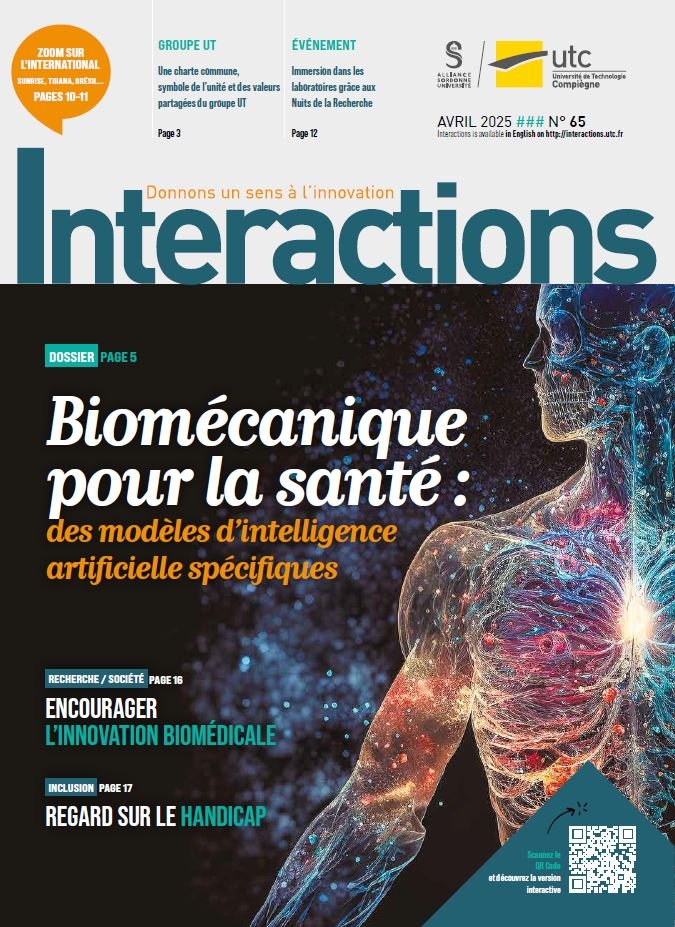Low-technicisation at the core of a new CC at UTC

Next semester, a new CC will open at UTC: IS03 — Low-technicisation and digital practice. This CC was created in the context of the label ‘Sustainable Engineering’ at UTC. The objective is to provide students with tools on current environmental and social issues in order to have input keys to better understand the ecological situation and to be able to take action in their profession.
“It is not enough to green wash our common ways of thinking about and doing things to solve the major problems of habitability that we face right now. This is one of the motivations of Stéphane Crozat, qualified engineer and PhD in computer science and several lecturer-researcher scientists from UTC involved in the creation of the CC IS03: Low-technicisation and digital practice. Low-technicisation has been introduced as one of the three structuring axes of the label Sustainable Engineering at the UTC. “Furthermore, the Ademe Agency has published a document entitled “Transitions 2050” which proposes four scenarios for France’s transition policies. And we have to admit that almost all of our courses are oriented towards the fourth scenario, known as ‘the repair gamble’.
Hence the idea to propose something such that future engineers could orient themselves towards the other 3 scenarios, and in particular the first one, “The Frugal Generation”. With other colleagues from several university departments, with students and with working engineers, we met regularly to see what educational content we could structure for the students,” explains Stéphane Crozat.
This lecturer-cum-research scientist who has taught at UTC since 2002 collaborated on this project with several people, including Pierre La Rocca, a student at the time, a young qualified engineer today, Sylvain Spinelli, technical director of the Kelis company in Thourotte and the lecturers Hugues Choplin, Benjamin Lussier, Guillaume Carnino and Matthieu Bricogne. They quickly experimented a short format as part of the inter-semester teaching activities. “The participation of IT in the ecological footprint of humans (CO2, rare earths, biodiversity, water, etc.) is now proven valid, even if the forms taken are quite diverse and complex,” he continues. In the IS03 course, we will study how to accompany the production of more sustainable and user-friendly objects or services.
A CC adapted to the UTC model
Students who take the IS03 course will continue to follow other more traditional courses and they will therefore have an additional feather in their hats. However, they will retain the possibility of choosing the sector and the approach which will suit them in fine. UTC’s a la carte course format allows for this kind of evolution. “Indeed, we can introduce new courses as we go along, without necessarily suddenly calling into question what already exists. The CC will be based on conferences leaving an important place to exchanges. We will meet with colleagues from several branches to talk about methodology, technology, history or philosophy,’ says Stéphane Crozat.
IS03 will then be based on a large group project that will last the whole semester. Among the subjects envisaged are “Eight billion Internet users”, which will aim to enable Internet users to assess the environmental footprint of the web services they use. There is also EcoCAD to embed rules, tools and methods to facilitate the integration of environmental issues into a design tool. IS03 is open to all UTC students, regardless of the major branch they are aiming for next.




